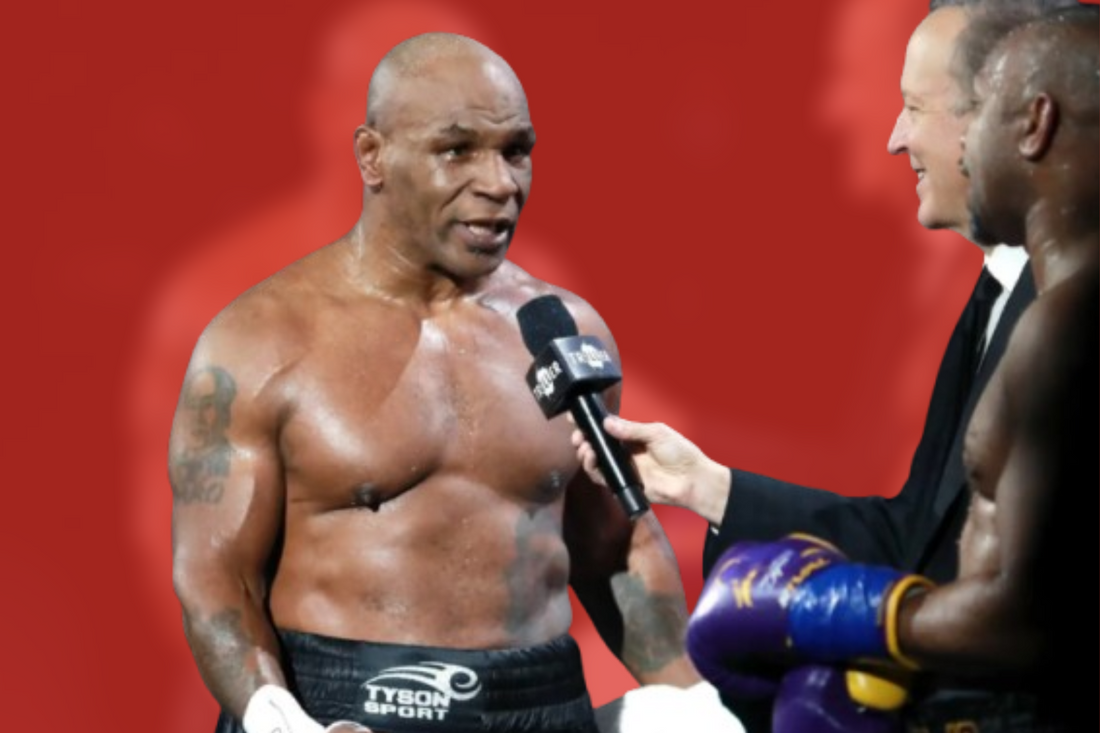
Why did Mike Tyson stop boxing originally?
By Arslan Saleem April 29, 2024 15:01
Mike Tyson, one of the most iconic and controversial figures in the history of boxing, shocked the world when he announced his retirement from professional boxing in 2005.
While Tyson's career was marked by numerous highs and lows, his decision to step away from the sport that made him a household name was influenced by a combination of personal, legal, and physical factors.
Legal Troubles
Tyson's career was marred by a series of legal issues, including a highly publicized rape conviction in 1992.
This conviction led to Tyson serving three years in prison, from 1992 to 1995, which significantly disrupted his career at its peak.
The legal battles and the subsequent time spent in prison took a toll on Tyson's mental and emotional well-being, influencing his decision to take a break from boxing.
Financial Challenges
Despite earning hundreds of millions of dollars during his career, Tyson faced significant financial challenges. His extravagant lifestyle, legal fees, and a series of poor financial decisions led to substantial debt.
These financial pressures undoubtedly contributed to his decision to retire from boxing.
Declining Performance
Towards the latter part of his career, Tyson's in-ring performances began to decline. He suffered several high-profile losses, including defeats to Lennox Lewis and Kevin McBride.
These losses, combined with his advancing age and declining physical abilities, likely played a role in his decision to step away from the sport.
Personal Turmoil
Tyson's personal life was often tumultuous, and he struggled with substance abuse and mental health issues. These challenges had a direct impact on his ability to compete at the highest level and likely influenced his decision to retire from boxing.
Desire for Normalcy
After years in the spotlight, Tyson expressed a desire for a more normal life. The constant media attention, public scrutiny, and the demands of professional boxing took a toll on him.
He sought to distance himself from the chaos and live a more low-key existence, away from the glare of the public eye.
Physical Wear and Tear
Years of intense training and grueling fights had taken a toll on Tyson's body. He had suffered numerous injuries throughout his career, and the physical demands of boxing became increasingly challenging as he aged.
The toll on his body likely factored into his decision to step away from the sport.
Evolving Priorities
As Tyson matured, his priorities shifted. He expressed a desire to focus on his family, personal growth, and business ventures outside of boxing.
His evolving perspective on life and his desire to pursue new opportunities played a significant role in his decision to retire from the sport.
Mike Tyson's decision to stop boxing was influenced by a myriad of factors, including legal troubles, financial challenges, declining performance, personal turmoil, a desire for normalcy, physical wear and tear, and evolving priorities.
While his departure from the sport marked the end of an era in boxing, it also signaled a new chapter in Tyson's life as he sought to move beyond the ring and explore new avenues for personal and professional fulfillment.


































































